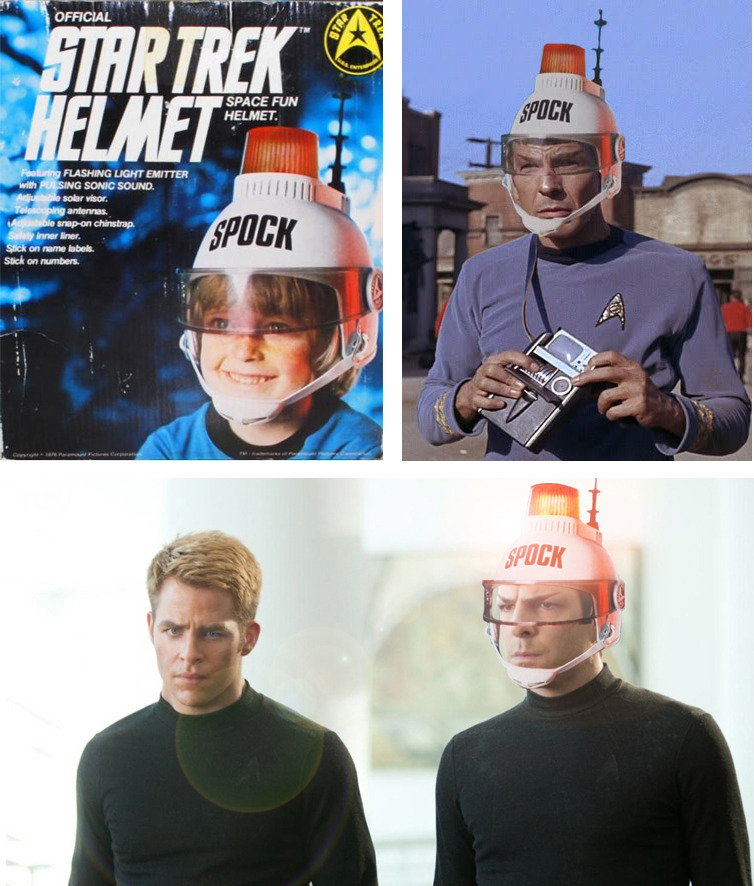Okay, so since there is clearly confusion, let's run through the concepts again, briefly:
1. "Canon" refers to the body of work that is official lore of the universe or multiverse. It's defined by a canon policy, which is a statement or set of statements communicated to fans explaining what is or isn't official lore.
(A brand can have multiple canons, such as the dual canons with separate canon policies of pre-Disney Star Wars. These constitute separate universes, also, but are distinct from alternate universes under a single canon policy umbrella (e.g. the TOS mirror universe).)
2. "Continuity" refers to a consistent body of work, a continuous story or setting/universe. You can have multiple continuities in a canon, but the reverse is not true. In the singular, continuity logically only refers to the main-line universe that is your primary setting.
(Multiple continuities constitutes a multiverse, though we seldom count it as such for occasional visits to parallel universes (e.g. the TOS mirror universe), instead referring to the Trek universe.)
3. That which is not canon cannot logically be part of the canon's mainline continuity, or any canon continuity.
Ergo, if you declare something as part of the continuity, you are saying it is part of the canon.
4. Kurtzman specifically references past books and comics, including those about shows no longer being made, as being part of the Trek continuity that they try to adhere to when making Discovery. (That it's hard to achieve doesn't negate his stated goal.)
Ergo, he is saying the Trek books and comics are canon for at least Discovery, if not also other CBS Trek productions.
5. Books and comics were, with ultra-rare exception, never in the canon continuity before, or canon at all. Thus, this is a shift in the canon policy, one that includes continuities in addition to that seen in TOS and the TNG-ENT production era.
6. Therefore, Discovery must inhabit a different universe than TOS and TNG-ENT.
-----
Now, there are some objections that could be made here.
For one, there wasn't really a canon policy during TOS, so one could argue TNG-ENT is a separate universe. I would respond that a lack of policy is not a policy, and thus there was no contradiction.
One could argue that Kurtzman misspoke and didn't mean to imply that the novels and comics are canon. I am open to this provided there is evidence to support it from other Kurtzman statements. (I specify him because of the rank issue. It is always important to acknowledge the obvious fact that an actor or artist's position on canon may not be the official one, for instance. Kurtzman basically outranks everyone doing Trek for CBS Corp. now.)
One could also quibble with the concept of ended shows since he used the term "cancelled", and conclude that he only referred to TOS and ENT. However, I don't think that's a workable or worthwhile argument to make.
Last but not least, one can argue that the rights-holder can modify their universe via a change in canon policy as they see fit. I agree. Indeed, in the case of subtraction, this can have only a limited effect on the universe. If one were to decanonize DS9 or The Empire Strikes Back, for instance, we would lose information but there'd still be the same story thereafter.
Similarly, a minor clarification in the margins, or even minor additions, don't break the universe. Major additions, however, do.
I already used the hypothetical example of Battlestar Galactica canonizing the Stargate universe into itself. BSG's owners could claim that it was the same BSG universe as before, but this is a fundamental impossibility. Even had they been written so as not to contradict (in which case they'd have already been in the same universe), any new production of BSG that referenced SG-1 would be a break from what came before.
They can change the universe with a penstroke, in other words, but that doesn't negate the fictional reality and continuity that existed prior to the shift.


